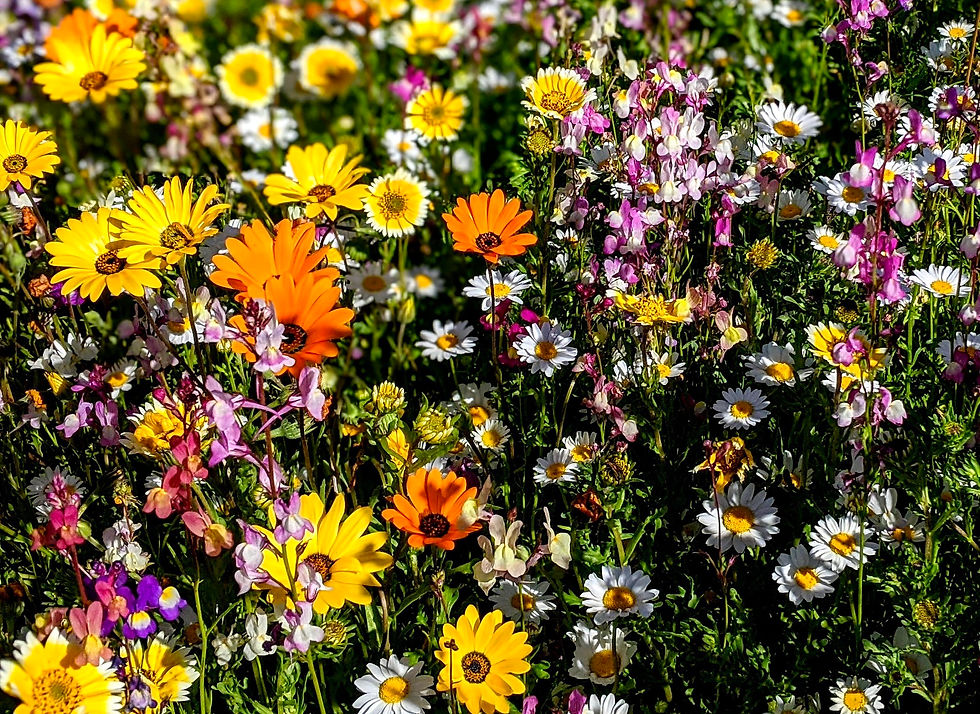How To Order: Quantity options listed represent bulk weights. Examples: 1 = 1 lbs, 25 = 25 bs.
Common Name: Palmer Penstemon
Scientific Name: Penstemon palmeri
Native / Introduced: Native
Main Uses:
~Rehabilitation projects
~Stabilizing disturbed sites
~Wildlife habitat improvement
~Ornamental
Height: 2 1/2 - 5 ft
Colors: White/Pink
Flowering Season: Late Spring/Early Summer
Soil Types: Most soils, prefers gravelly textures
Tolerances: Weak acid and alkali
Sun or Shade: Full sun, partial shade
Minimum Precipitation: 7-9 inches
Lifecycle: Perennial
Planting Seed Rate: 1.5-3 lbs/ac
Estimated Seeds Per Pound: 600,000
Optimal Planting Season: Fall
Planting Depth: 1/8 - 1/4 in.
Stratification Requirements: For best results 2-3 months at 40 degrees
Description
Palmer Penstemon is a highly drought resistant wildflower species requiring as little as 9 inches of annual precipitation in some ecoregions. It blooms in late spring, early summer with showy white and light pink blossoms and can grow up to 5 feet tall. It is a semi-evergreen wildflower, native to western North America and is primarily planted in the Rocky Mountain, Great Basin and southwest desert areas. It grows wild from low to mid elevations, usually along roadsides, open areas, slopes and on disturbed sites. It does well in many types of soil from coarse to fine soil textures but most often grows in soils which are gravelly or rocky. The flower tolerates weak acid and alkali and out of the wildflowers we carry, it is rated near the best for its hardiness.
Palmer Penstemon is a popular pollinator for native bees, the plant's tubular flowers provide a rich source of nectar for these pollinators, making it an important component of the local ecosystem. In the spring and winter, Palmer Penstemon is forage palatable to wildlife and livestock making it a good resource for range and wildlife habitat improvement. Its deep roots allow it to access water and nutrients in the soil, this makes it a valuable plant for stabilizing soils and preventing erosion in areas that have been disturbed by human activities.
Resources
NRCS Plant Profile: https://plants.usda.gov/home/plantProfile?symbol=PEPA8
NRCS Plant Guide: https://plants.usda.gov/DocumentLibrary/plantguide/pdf/pg_pepa8.pdf
Additional Resources: https://www.wildflower.org/plants/result.php?id_plant=pepa8
Photo Credit: Larry Lamsa and Andrey Zharkikh
top of page
$68.00Price
Related Products
bottom of page



























